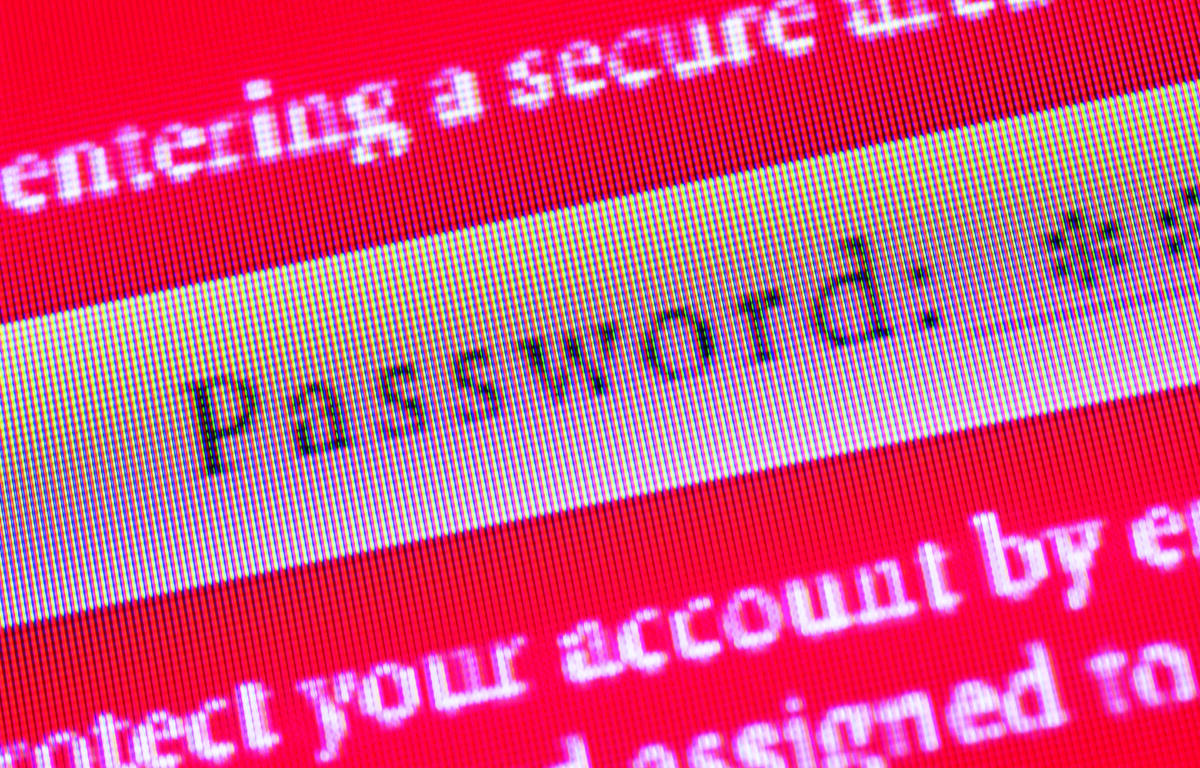ASHEVILLE, N.C. (828newsNOW) – With cybercrime on the rise, using a weak password is like leaving your front door unlocked. Strong passwords are a critical defense against identity theft, fraud and hacking to your online accounts. Whether you are securing your email, banking information or social media accounts, these steps will help you create a strong password that keeps your personal data safer.
Celebrate World Password Day on May 1, 2025, by protecting yourself from online security threats.
1. Make your password complex
The longer your password, the harder it is to crack. Aim for at least 12 characters, although more is even better. Short passwords are easier for brute-force attackers to guess.
2. Use a combination of character types
For a strong password, always use a combination of characters, symbols and numbers, including:
- Uppercase letters
- Lowercase letters
- Numbers
- Special characters like !, @, #, and $.
3. Avoid common passwords
Never use obvious passwords like:
- “12345”
- “abcd1234”
- “password”
- “qwerty”
- Your name or username
- Your birthdate
- Your phone number
- Your home address
- Your email address
- Repeating patterns like “11111” or “ababab”
General rule: If someone could find out the information about you that you are using for your password on a social media account, it is a weak password.
4. Make a memorable password
If you cannot remember your password, it is as useful as a locked safe without a key. Try using a phrase of two or three words that is easy to remember. Use something like Blue$M00nDancer38-4 or 9Random%rIdicuLe7#858. But do not use those exact passwords, they are just examples. Utilize this technique to improve password memorability.
5. Use unique passwords for every account
Reusing passwords across websites is dangerous. If one site is hacked, every account you have that uses that password is vulnerable. Make a new password every time you make a new login.
6. Update your passwords regularly
Change your most sensitive passwords every few months, especially for:
- Online banking
- Cloud storage
- Social media
- Any other accounts that include your personal information
If there is news of a breach on a platform you have a login with, update your password immediately even if you do not think your account will be affected.


